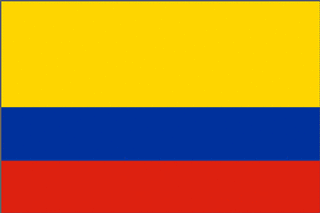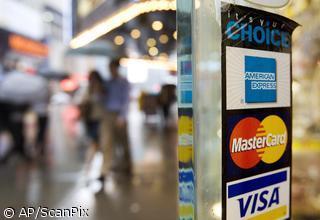Business leaders in Hungary are worried about the country's deteriorating investment climate
Published:
5 October 2003 y., Sunday
Business leaders in Hungary are worried about the country's deteriorating investment climate. Calls on the country's Central Bank to cut interest rates and on the government to curb state spending have so far gone unheeded.
All the Hungarians seem interested in is a major fraud and money-laundering scandal – and especially in the question: who's to blame?
The time when Hungary used to be a model scholar in the transition process to a free market economy has been over for some time. Recent governments - the last one (conservative) under Fidesz leader Viktor Orbán, and the incumbent (left-liberal) coalition led by Péter Medgyessy (no party affiliation) - seem caught up in inter-party squabbling rather than dealing with the necessary political and economic reforms prior to joining the European Union in May next year.
Central Bank governor Zsigmond Járai is becoming increasingly skeptical about the government's stated aim to join the euro zone by 2008. The Finance ministry is constantly coming up with economic growth predictions that have undergone downward adjustments – from 4 percent to 3 to 3.5, recently.
Last year's spring election, with its record turnout, demonstrated that a majority of Hungarians no longer supported Mr Orbán's us-Hungarians-we-are-the-greatest philosophy: by a slim majority voters preferred the alternative, a coalition of socialists and progressive liberals, led by the wealthy businessman-banker Mr Medgyessy.
Šaltinis:
rnw.nl
Copying, publishing, announcing any information from the News.lt portal without written permission of News.lt editorial office is prohibited.
The most popular articles
 Commission sets out first finance proposals for Copenhagen pact on climate change.
more »
Commission sets out first finance proposals for Copenhagen pact on climate change.
more »
 The World Bank today approved a US$39.5 million loan for the Rio de Janeiro Sustainable Rural Development Project in southeastern Brazil.
more »
The World Bank today approved a US$39.5 million loan for the Rio de Janeiro Sustainable Rural Development Project in southeastern Brazil.
more »
 The World Bank Board of Executive Directors approved today an additional US$7.8 million for the Colombia Peace and Development Project.
more »
The World Bank Board of Executive Directors approved today an additional US$7.8 million for the Colombia Peace and Development Project.
more »
 In 2008, the total number of non-cash payments, using all types of instruments, increased by 5% to 78 billion in the EU.
more »
In 2008, the total number of non-cash payments, using all types of instruments, increased by 5% to 78 billion in the EU.
more »
 Current economic indicators seem to show a cautious recovery in some of the biggest European economies, such as Germany and France.
more »
Current economic indicators seem to show a cautious recovery in some of the biggest European economies, such as Germany and France.
more »
 Launch Early Operation Phase (LEOP) has been successfully completed and the Palapa-D communications satellite is now in the nominal geostationary orbit (GEO).
more »
Launch Early Operation Phase (LEOP) has been successfully completed and the Palapa-D communications satellite is now in the nominal geostationary orbit (GEO).
more »
 The Supervisory Council of AB DnB NORD Bankas on 8 September 2009 elected Šarūnas Nedzinskas as a member of the bank‘s Management Board.
more »
The Supervisory Council of AB DnB NORD Bankas on 8 September 2009 elected Šarūnas Nedzinskas as a member of the bank‘s Management Board.
more »
 In the last few months farmers across Europe have taken their tractors to the streets to protest at what is being termed the biggest milk crisis for decades.
more »
In the last few months farmers across Europe have taken their tractors to the streets to protest at what is being termed the biggest milk crisis for decades.
more »
 Mobile telecoms companies have pledged to support the EU’s campaign to equip new cars with a device that would automatically call for help in the event of an accident.
more »
Mobile telecoms companies have pledged to support the EU’s campaign to equip new cars with a device that would automatically call for help in the event of an accident.
more »
 Nordic and Baltic countries aim to strengthen cooperation of business and industry stakeholders.
more »
Nordic and Baltic countries aim to strengthen cooperation of business and industry stakeholders.
more »